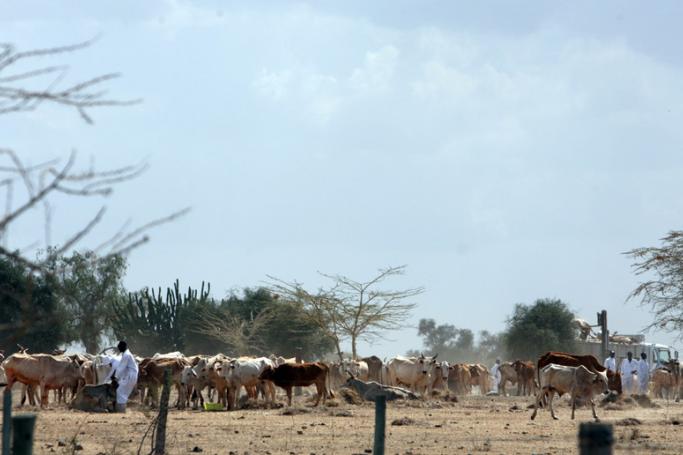One of the major achievements in the recently concluded WTO ministerial meeting is to arrive at a political commitment to address food insecurity that is gripping the world. This, along with the agreement on intellectual property waiver on COVID-19 vaccine production has resurrected the hopes of the WTO and multilateralism in an increasingly divided world.
Acknowledging the trade disruptions, record prices and excessive volatility for food and agricultural products experienced globally, especially developing countries around the world, the WTO ministerial declaration on the emergency response to food insecurity in its meeting during 12-15 June 2022 came out with a declaration of a political commitment declaring “to take concrete steps to facilitate trade and improve the functioning and long-term resilience of global markets for food and agriculture, including cereals, fertilizers, and other agriculture production inputs.” The food price rise has affected disproportionately the least-developed and net food-importing developing countries, who by virtue of their fiscal and other capacity-related challenges, are seeing a deterioration in terms of trade.
This has been considered by the WTO ministerial meeting. The declaration states that WTO countries are “determined to make progress towards the achievement of a fair and market-oriented agricultural trading system, ending hunger, achieving food security and improved nutrition, promoting sustainable agriculture and food systems, and implementing resilient agricultural practices that enhance productivity and production in fulfillment of the Sustainable Development Goal 2 of the United Nations, taking into account the interests of small-scale food producers in developing countries.”
Concrete steps proposed in the declaration among others included: accommodating the specific needs and circumstances of least-developed and net food-importing developing countries; encouraging donor countries to undertake efforts to make food available to poor and vulnerable countries, including through the WFP; technical and financial assistance to LDCs and NFIDCs, including through international and regional financial institutions, with a view to improving their agricultural productive capacity, infrastructure and access to agricultural inputs; encourage Members with available surplus stocks to release them on international markets consistently with WTO rules; and finally sharing of information across the countries in order to enhance agricultural market transparency and policy responses for food security.












